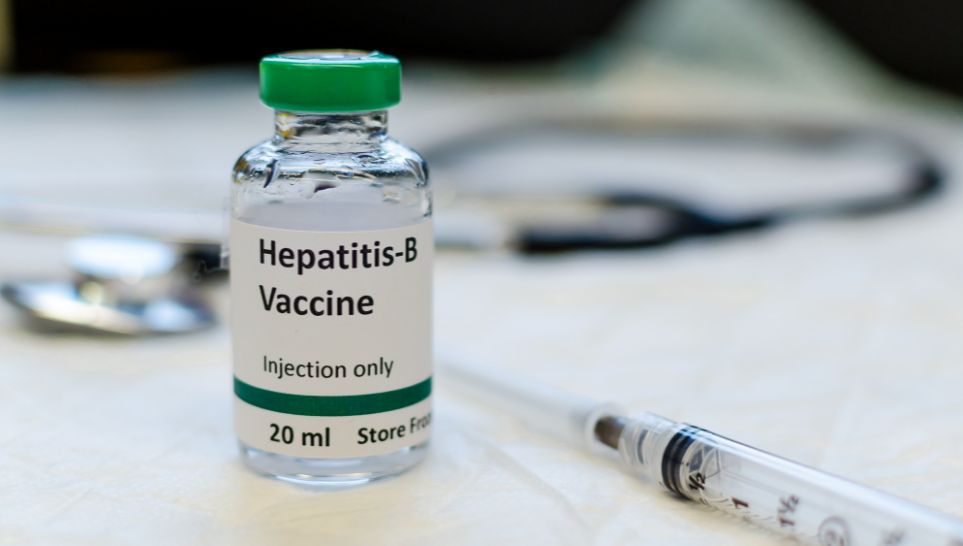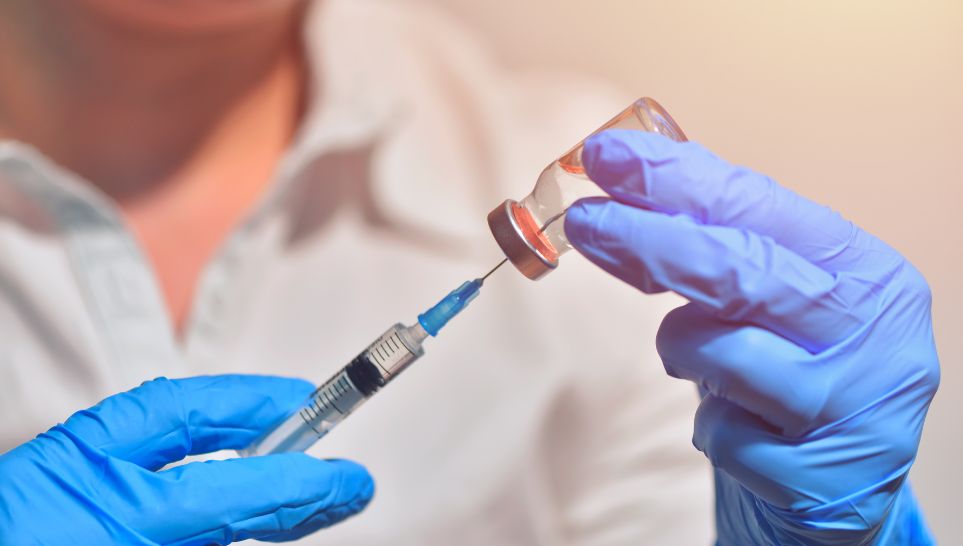Most people do not realize that when you receive a shot or a vaccine it does not mean you are immunized. Many people believe that once you are vaccinated you are completely protected. That belief is wrong.
The use of the word “immunization” instead of “vaccination” is everywhere. Most importantly, news outlets tell the public that immunization is the same as vaccination. However, there is a large difference between the two.
Vaccines contain a dead or live weakened germ that can cause a particular disease, like tetanus, or parts of a germ. When we are given a vaccine shot, our body immediately produces antibodies against the germ.
It is at this point that most believe the body’s defense mechanism kicks in and immunity will occur in the event that the said antigen gains entry again into the body but, this is not the case with all vaccines.
Concepts:
- No vaccine is 100% effective in preventing disease.
- Since no vaccine is 100% effective, vaccination does not automatically mean the person is immunized against the disease.
Immunization v. Vaccination
Immunization means to make someone immune to something. Vaccination, by contrast, according to Dorland’s Medical Dictionary, just means to inject “a suspension of attenuated or killed microorganisms…administered for prevention…or treatment of infectious disease.”
Vaccination Does Not Guarantee Immunity
Vaccination does not guarantee immunity. Natural immunity happens only after one recovers from the actual disease. During the disease, the microorganism usually has to pass through many of the body’s natural immune defense systems—in the nose, throat, lungs, digestive tract and lymph tissue—before it reaches the bloodstream.
As it does, the microorganism triggers many biological events that are essential in building true natural immunity. When a child gets a new disease, he may feel sick for several days, but, in the vast majority of cases, he will recover.
According to the Center for Disease and Prevention Control, CDC, not all that receive a vaccination will have immunity.
Defending what they believe is a misconception that the majority of people who get disease have been vaccinated, they state, “In fact it is true that in an outbreak those who have been vaccinated often outnumber those who have not – even with vaccines such as measles, which we know to be about 98% effective when used as recommended.”
“This is explained by two factors. No vaccine is 100% effective. Most routine childhood vaccines are effective for 85% to 95% of recipients.”
Everyone’s Immune System Reacts Differently
For reasons related to the individual, some will not develop immunity.
The second fact is that in a country such as the United States the people who have been vaccinated vastly outnumber those who have not. Here’s a hypothetical example of how these two factors work together.
The National Network of Immunization Information provides, “Although vaccines have very high effectiveness rates, they are not completely effective for 100% of the people who receive them. For example, a full series of measles vaccine will protect 99 of 100 children from measles and polio vaccine will protect 99 of 100 children from polio. This means when there is a disease outbreak, the very small number of people for whom the vaccine did not work may still be able to catch the disease. Because almost all of our children are immunized and only few are not, it can be the case that during an epidemic the majority of cases occur among children who were immunized. However, the fact remains that those who have not received the vaccine are much more likely to catch the disease.”





